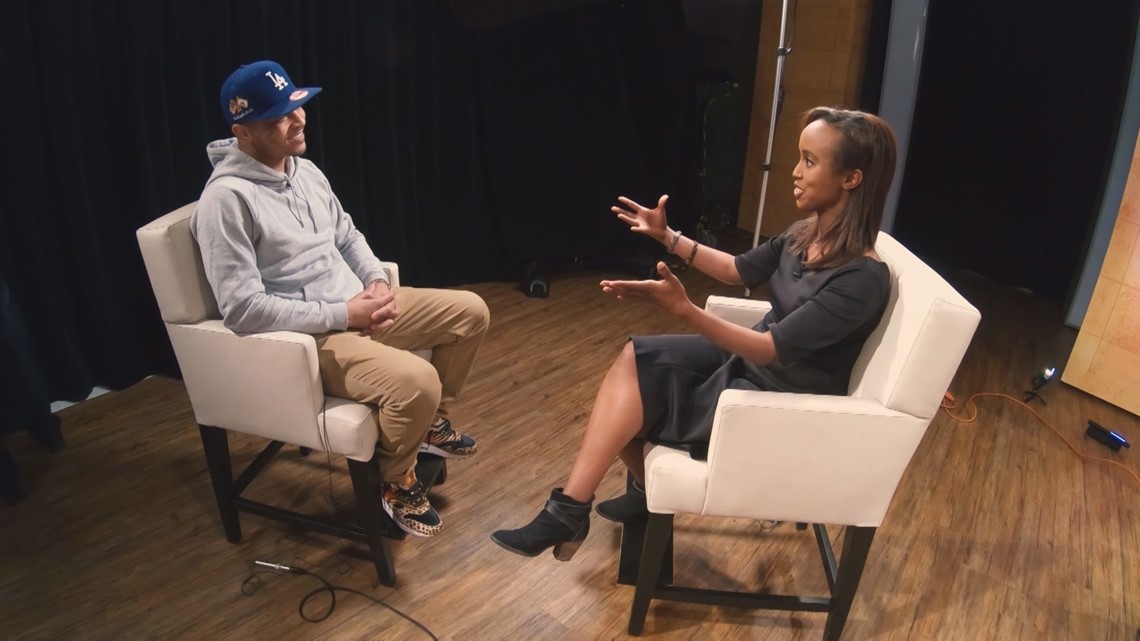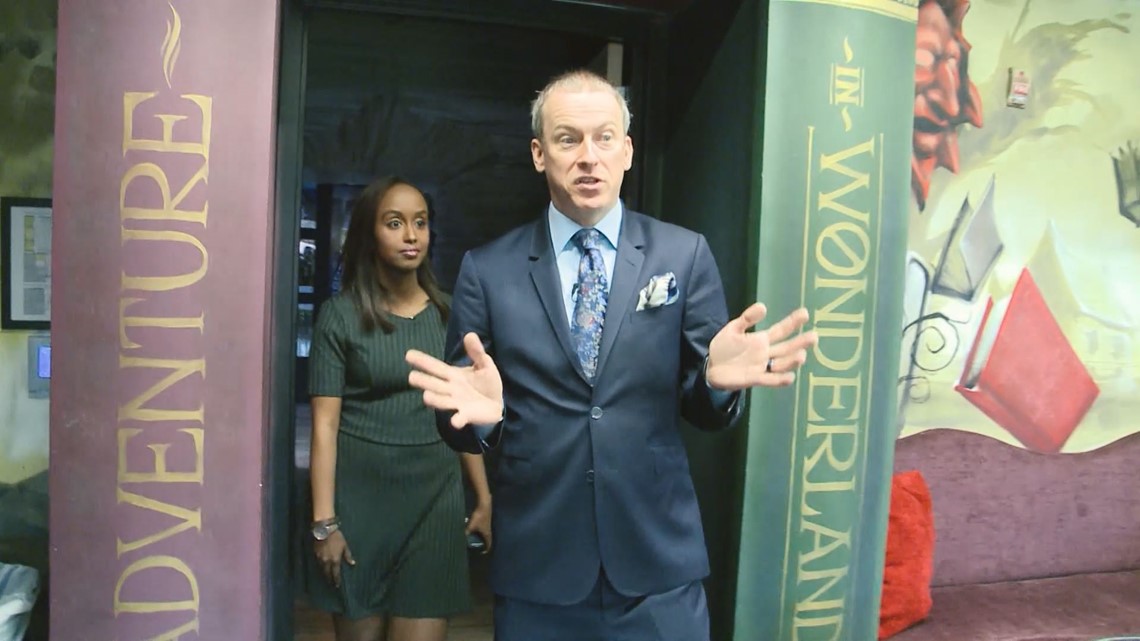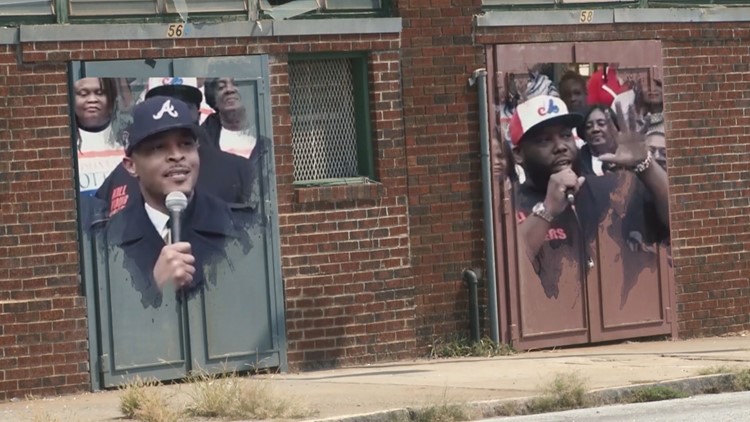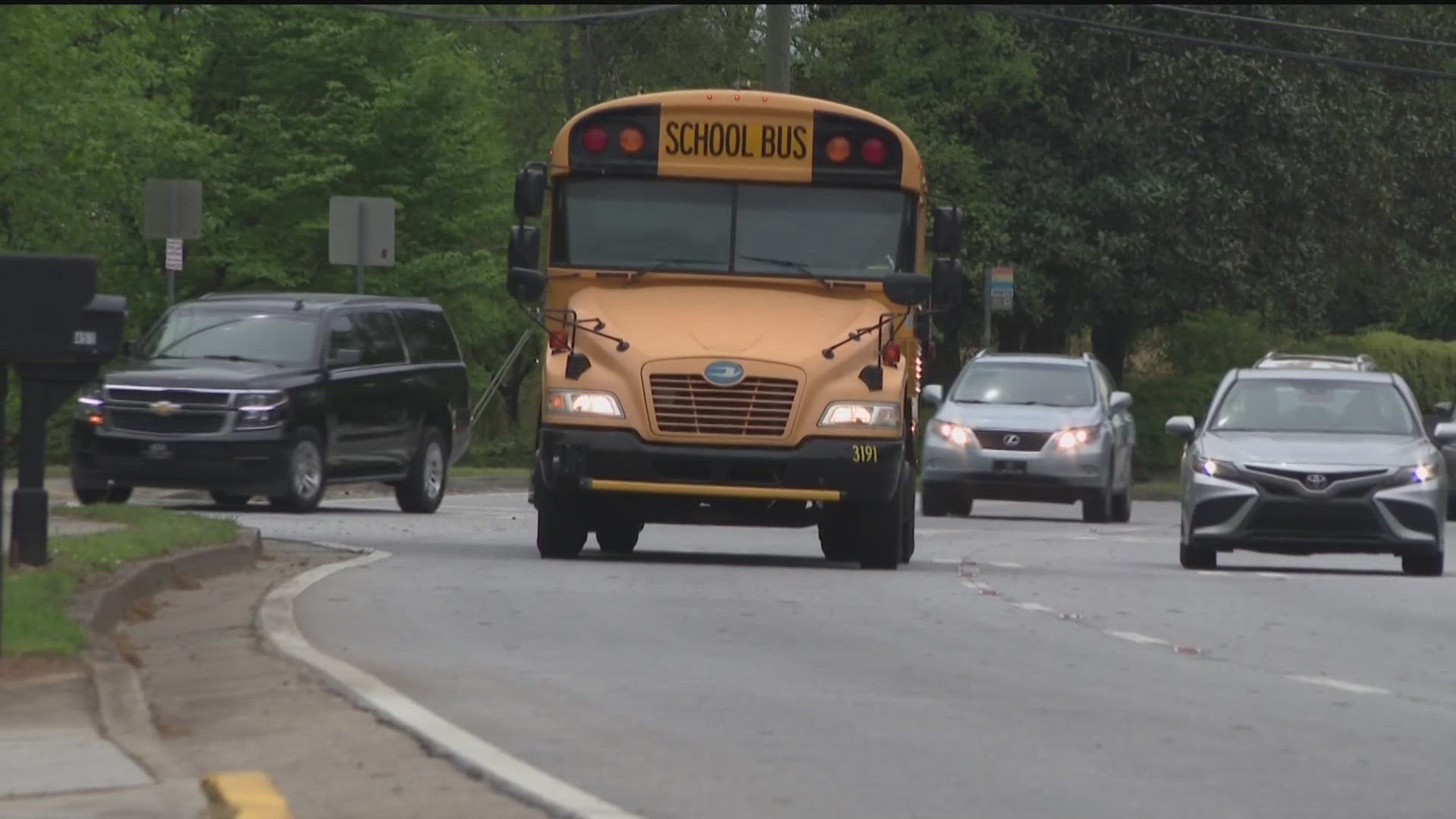As we reflect on the life and legacy of Dr. Martin Luther King, Jr., who are the black voices and influencers today? To a younger generation, leadership is emerging out of hip-hop music where songs touch on topics about generational poverty, racism and mistrust for the justice system.
And in Atlanta, where the city has two cultural identities, both play a significant role in the city today.
Local artists like T.I, Killer Mike and 2Chainz often get involved in their communities to be advocate and a resource.
We sat down with one of the big name artists about his thoughts on the MLK anniversary and how far Atlanta has progressed since then.
This piece is a part of the Prime Time Special, “Remembering the Dream,” the multi-media platforms of 11Alive examine the Journey from 1968 to 2018. \
In an exclusive sit-down interview, 11Alive’s Neima Abdulahi asked T.I “What inspired you as an artist? You came out of Bankhead, became a success story, reppin’ Zone 1 any chance you get. At what point in your music career did you realize, okay… this has to be more than just the music?”


T.I responded “It wasn’t necessarily a point in my career. It was more so a state of the nation. It kind of pushed me into a place of action. I felt somewhat obligated given my influence and my amount of resources. I just felt like I could be doing more.”
T.I, like several other Atlanta hip-hop artists, has been on the front lines during controversial moments like Black Lives Matter protests. He even showed up to an Atlanta restaurant accused of racism. The rapper protested outside of Houston’s restaurant in downtown Atlanta after accusations came to light about discrimination.
T.I has recently been featured on an episode in the Netflix documentary series “Rapture” where he sits down with Andrew Young in Atlanta as well as Harry Belafonte in his quest to learn more about how to use his platform to make a difference.
“Music is always a reflection of the environment. Politics affect the environment. Therefore, politics affect the music. If politics affect the music, the music will have some way to reflect that,” he explained.
T.I says hip-hop is helping to shape the current and next generation of leaders.
“I think it’s a blessing. There could not be hip-hop without the civil rights movement. It was that sense of rebellion. The same sense of rebellion hip-hop has, the civil rights movement had,” T.I said.
“Every generation is supposed to disrupt. Is supposed to challenge the way things are being done. Because that’s the only way we can find better ways we can do them.”
And just like T.I., Killer Mike has stepped up to the plate. The resident historian takes on big issues and local politics.
Both Killer Mike and T.I sit on Atlanta mayor Keisha Lance Bottom’s transition team since they played a role during the mayoral campaign.
Dr. Joycelyn Wilson says their voice is desperately needed.
“You have these artists utilize their voice as a teaching moment to not only let people understand we are not just thugs and inarticulate individuals. We are very influential artists who have a voice and who also have an influence,” Wilson said.
Wilson, who teaches hip-hop related courses at Georgia Tech, says the hip-hop influence starts young, which is visible at the innovative Ron Clark Academy in Atlanta.
The academy infuses culture, music and topics that matter to the students into the learning experience.
The founder Ron Clark sat down with us to explain the value of diversifying the ways children learn.


“MLK is someone we want our kids to look up to. We want them to embody his spirit. His drive. His determination to make a difference in the lives of others,” Clark said.
Clark says creating the leaders of tomorrow means turning them into global citizens who passionately care about their communities. The same way Martin Luther King, Jr. cared.
“We want our kids to have a work ethic. Because if you don’t really know how to hunker down and make an impact in the lives of others and do what it takes, you’re not going to be successful. And our communities won’t be successful,” he said.
Clark realizes that hip-hop shapes the minds of kids in Atlanta.
And so does T.I who wants to use that influence to create a culture of forward thinkers.
We asked him “If you could say one thing to MLK or even ask him a question… what would it be?”
Tip took a moment to respond. “Hmm… that’s a difficult one. There’s so many. How did you do it? How did you face so much hate and maintain such a sense of love? Just how did you do it?
In a city that’s at the center of a multi-billion-dollar hip-hop industry, T.I says the music gives the city a platform to address societal issues that affect black lives. The same issues the city’s civil rights leaders fought so hard for.
“Every time we hear of someone being shot by police with no consequence, every time we live through nothing happening, there’s a tad of you that gets numb and numb,” T.I explains. “If it continues to happen I think people could run the risk of not caring.”



